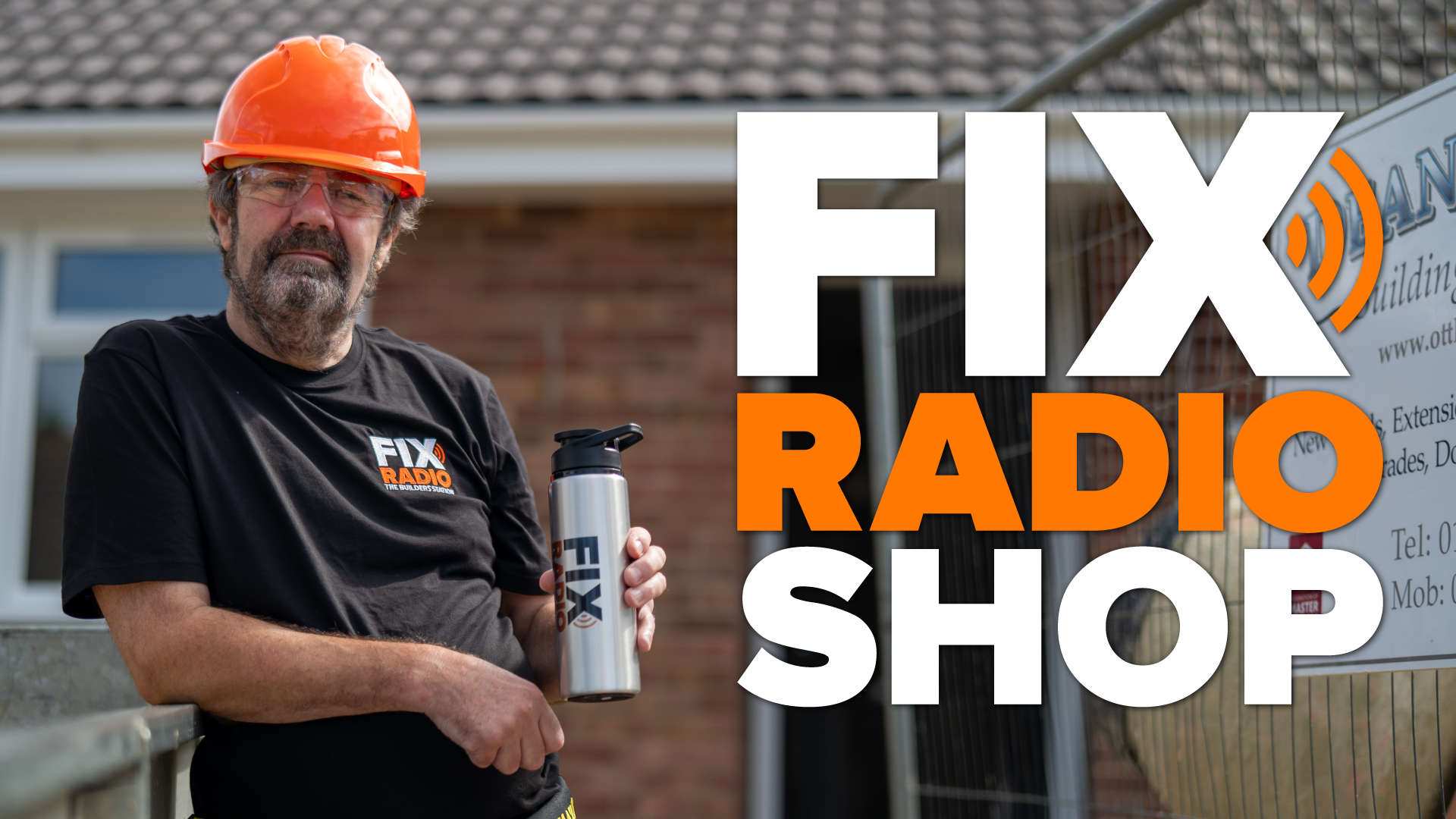

Lessons For Our Recovery
ECA CEO Steve Bratt writes on the challenges and opportunities facing the construction and engineering services industry as a result of the coronavirus pandemic
As we start the new year, we are all aware of the huge challenges that still face us as a result of the coronavirus pandemic.
However, it is important to build on any positives, such as how construction came together in 2020, through the Construction Leadership Council, to develop the Roadmap to Recovery.
The roadmap is extensive and ambitious, but I would like to highlight two key areas that present a short-term challenge to, and long-term opportunity for, radical transformation of the construction industry.
Lesson one: collaborate, engage early
Firstly, if we are serious about achieving positive change, we must push strongly and quickly towards collaborative models for contracting, encourage earlier engagement of the broader supply chain and apply fair payment systems. There are some encouraging moves in this direction, including the recent introduction of the Construction Playbook, which includes a welcome set of collaborative principles.
However, an issue immediately in front of us, and which could have a significant impact on the industry’s long-term capability and capacity, is the expected wave of unresolved contract disputes on existing projects. The CLC has been monitoring this situation and has produced guidance on how to collaboratively resolve disputes, and why it is vital. While good practice has been demonstrated by central government departments, in the wider public sector – and particularly the private sector – the situation is less positive.
Worryingly, we can expect a significant increase in disputes as the crisis rolls on and projects close out. This is already evident with an increasing number of adjudications, which are expected to rise still further.
Lesson two: quality checks
The second area involves quality and competence, and I raise these together because I don’t believe you can achieve the first without the second.
Anyone who has followed the Grenfell Tower Inquiry will know how vital competency is to achieving good quality and safety. It is clear that many of the current industry problems could be resolved if we stopped focusing on cost and instead used competent businesses, employing competent people and rewarded them based on the quality of their output.
“We urgently need a joined-up approach to determining competence. There should be an entry standard that everyone understands, for any occupation”
To move forward as an industry, we must address competency through a range of strategic changes. For example, we have a tax system that encourages false self-employment; yet we need a huge investment in skills to achieve industry improvement. Since it is employers that are most likely to invest in upskilling, apprenticeships and so on, how do we expect this to happen when we rely so heavily on self-employment?
A quick comparison with near neighbours in Europe shows that self-employment rates in UK construction are around three times that in France and six times those in Germany. Linking this to the point above, procurement could have a positive impact – investment in people should be recognised and rewarded – and why wouldn’t you if you want performance, safety and sustainability as the outcome?
Determining competence
Finally, we urgently need a joined-up approach to determining competence. There should be an entry standard that everyone understands, for any occupation – if there are multiple routes to demonstrating competence, history tells us the cheapest and quickest route will prevail and our attempts to be an industry that can deliver quality will fail. Even in the face of the many challenges ahead, 2021 should be the year when diverging views on competence are reconciled, with the aim of raising standards for the benefit of the industry, its clients and wider society.
The next 12 months are likely to see continued upheaval. There is significant industry concern that factors such as product availability and price rises, the introduction of reverse charge VAT, the pending CIS changes, the introduction of IR35, and the ending of government-support mechanisms, alongside the risk of economic slowdown, could cause a perfect storm in 2021.
As a result, the CLC is working with government colleagues on what more can be done to support the health and sustainability of the supply chain.
Steve Bratt is chief executive of engineering services body ECA and a member of the CLC Task Force Group.







Comments
Add a comment